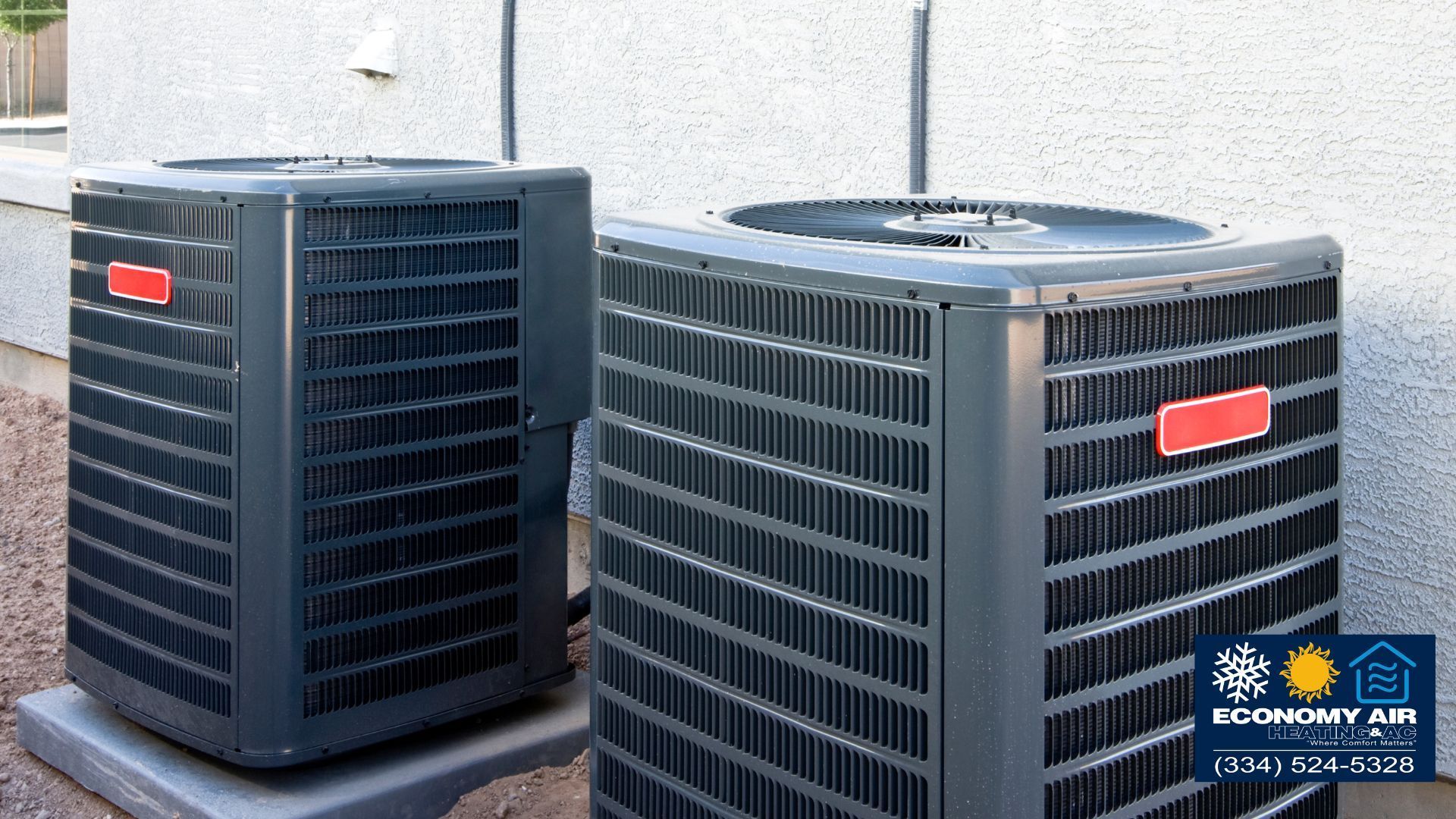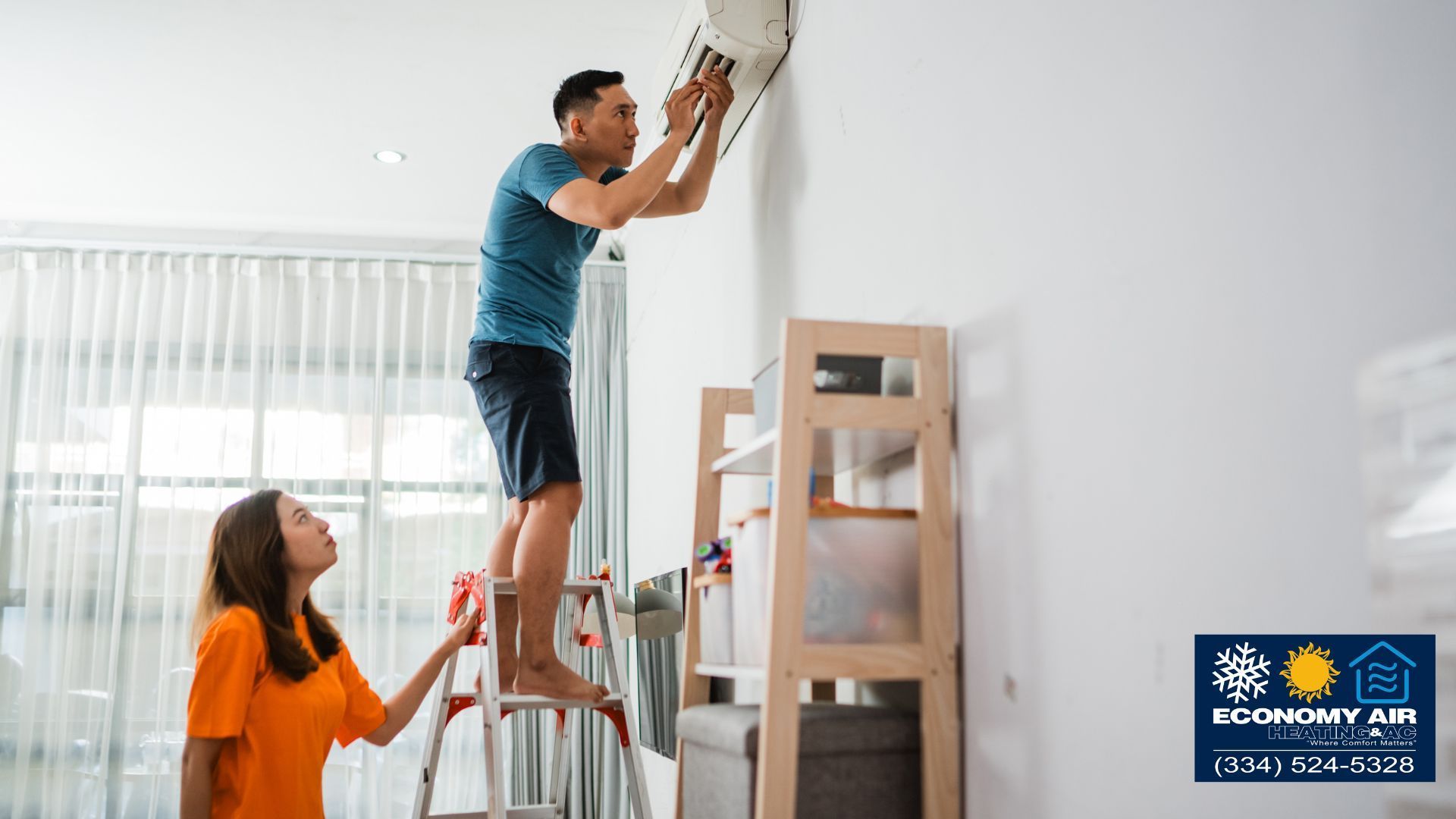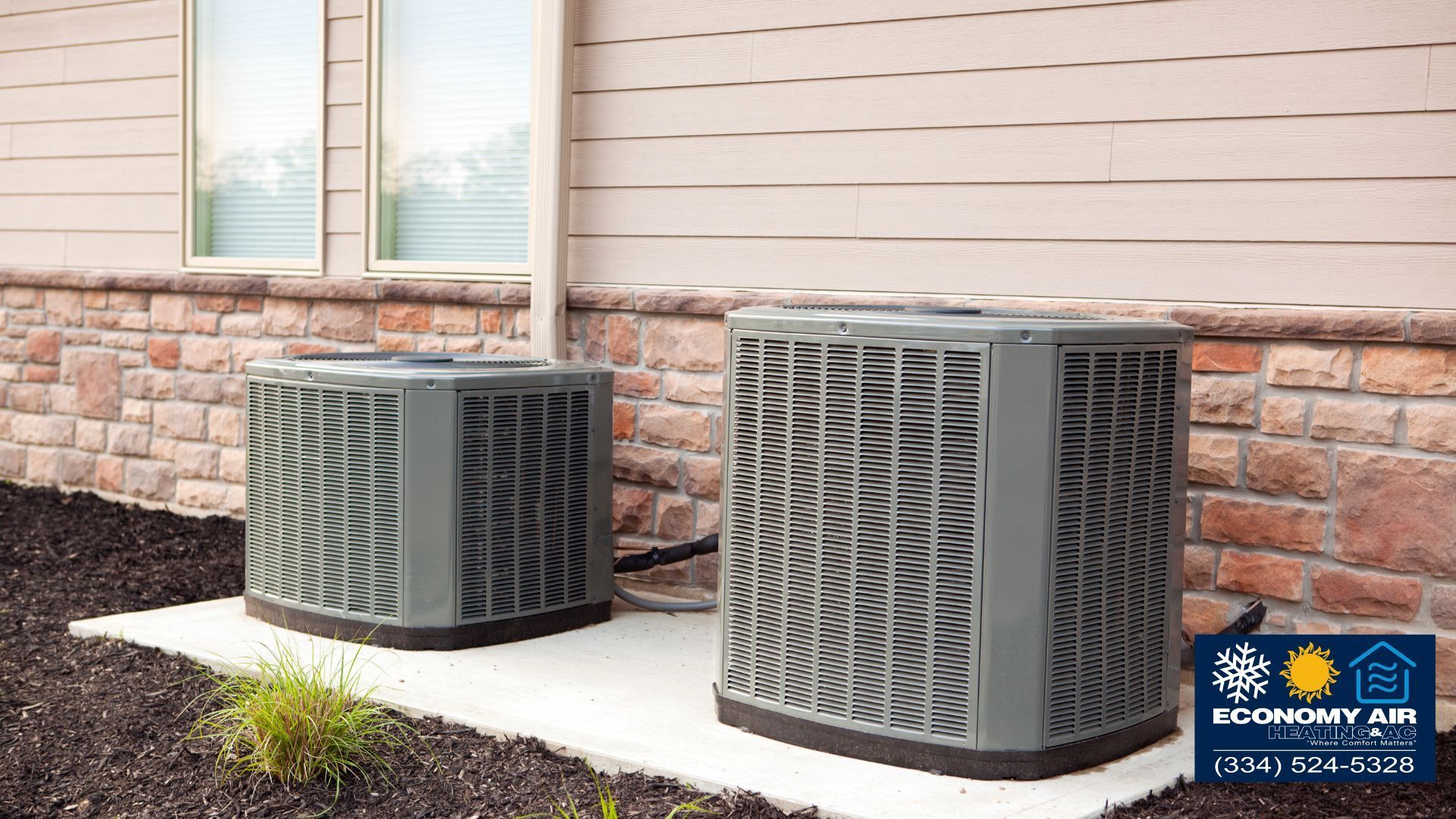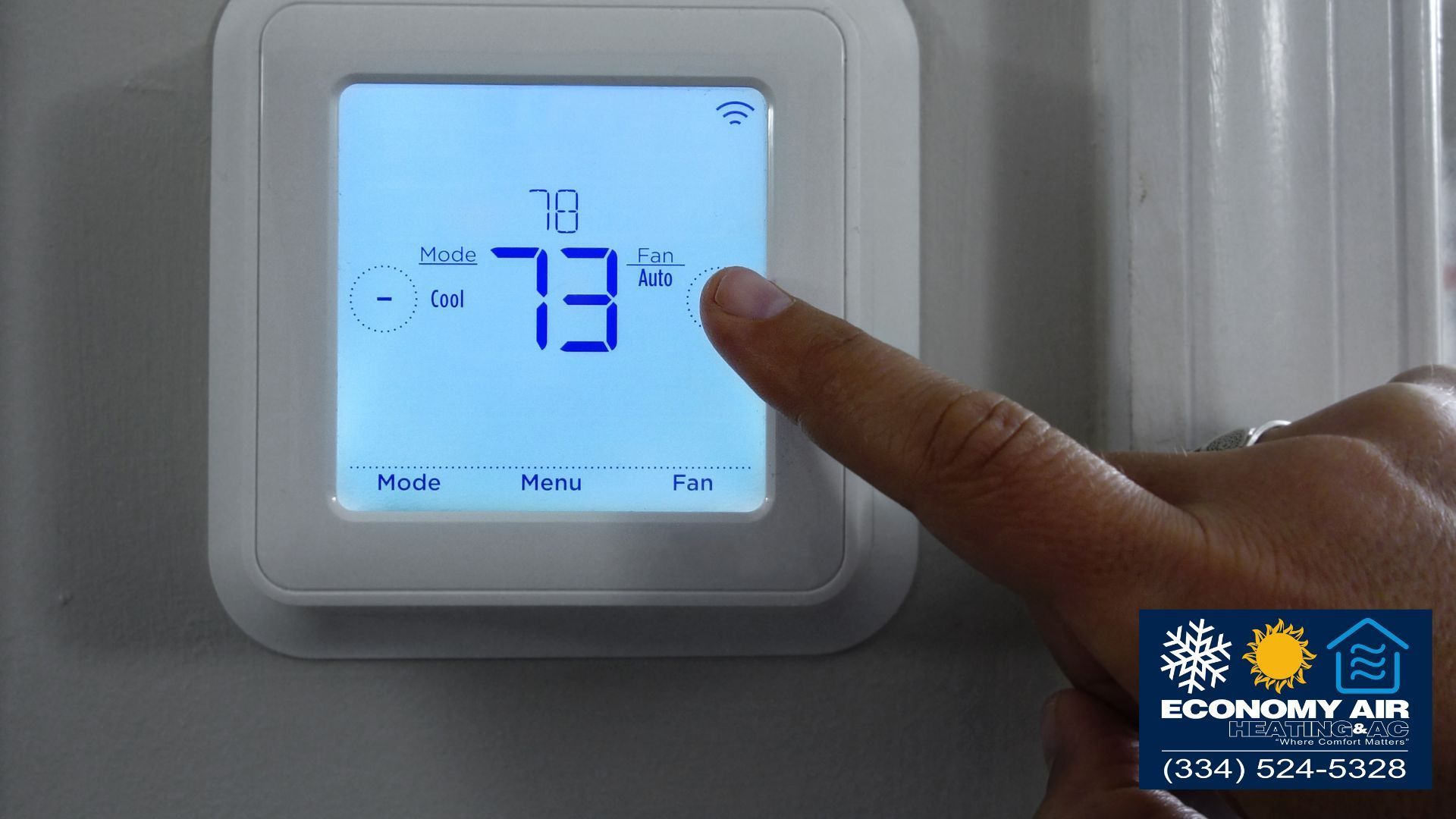Understanding SEER Ratings
Understanding SEER Ratings: What Homeowners Need to KnowThis is a subtitle for your new post
When it comes to cooling your home in Auburn, efficiency isn't just about reducing your carbon footprint; it's also about saving money on those hot summer days. One key factor in determining an air conditioner's efficiency is its Seasonal Energy Efficiency Ratio (SEER) rating. For Auburn homeowners, understanding SEER ratings is crucial to choosing an air conditioning system that not only keeps your home comfortably cool but also keeps your energy bills in check.
What is a SEER Rating?
The SEER rating of an air conditioning unit measures its cooling output over a typical cooling season, divided by the total electric energy input during the same period. In simpler terms, it's a metric that gauges how efficiently your air conditioner converts electricity into cooling comfort. The higher the SEER rating, the more efficiently the unit operates.
Why SEER Ratings Matter
Energy Savings: The primary benefit of a high SEER rating is energy efficiency. Air conditioners with higher SEER ratings use less energy to cool your home, which translates into lower utility bills. With Auburn's hot summers, opting for a unit with a higher SEER rating can lead to significant savings over time.
Environmental Impact: High-efficiency air conditioners not only save you money but also have a lesser environmental impact. By consuming less energy, these units reduce the demand on power plants and subsequently the amount of greenhouse gas emissions.
Comfort and Performance: Units with higher SEER ratings often come with advanced technology that enhances comfort. Features like variable speed compressors and fans adjust cooling output more precisely, maintaining a more consistent indoor temperature and humidity level.
Legislation and Standards: It's important to note that the U.S. Department of Energy (DOE) sets minimum SEER requirements that vary by region. As of my last update, the minimum SEER rating for new air conditioners in the Southeastern United States, including Alabama, is 14. However, these standards are subject to change, so it's essential to stay informed about current regulations.
Choosing the Right SEER Rating for Your Home
When selecting a new air conditioning system, consider the following:
Local Climate: Auburn's climate plays a significant role in determining the ideal SEER rating for your home. Given the area's hot summers, investing in a unit with a higher SEER rating can be more cost-effective in the long run.
Initial Investment vs. Long-Term Savings: Higher SEER units typically come with a higher price tag. However, the initial investment can be offset by the energy savings over the life of the unit. Consider how long you plan to stay in your home and your monthly energy savings to determine if a higher SEER rating makes financial sense for you.
Home Size and Insulation: The size of your home and its insulation quality can also influence the optimal SEER rating. A well-insulated home may not require as high a SEER rating to achieve efficient cooling.
Rebates and Incentives: Look for federal, state, or local rebates and incentives for installing high-efficiency air conditioners. These programs can help reduce the upfront cost of purchasing a unit with a higher SEER rating.
For Auburn homeowners, understanding and considering SEER ratings when purchasing a new air conditioner is a smart move. It's not just about the upfront cost; it's about the overall value, including energy savings, comfort, and environmental impact. By choosing a system that's tailored to Auburn's climate and your specific home needs, you can enjoy a comfortable indoor environment without breaking the bank. Always consult with a reputable HVAC professional who can provide guidance tailored to your situation, ensuring you select the most efficient and effective cooling system for your Auburn home.
















